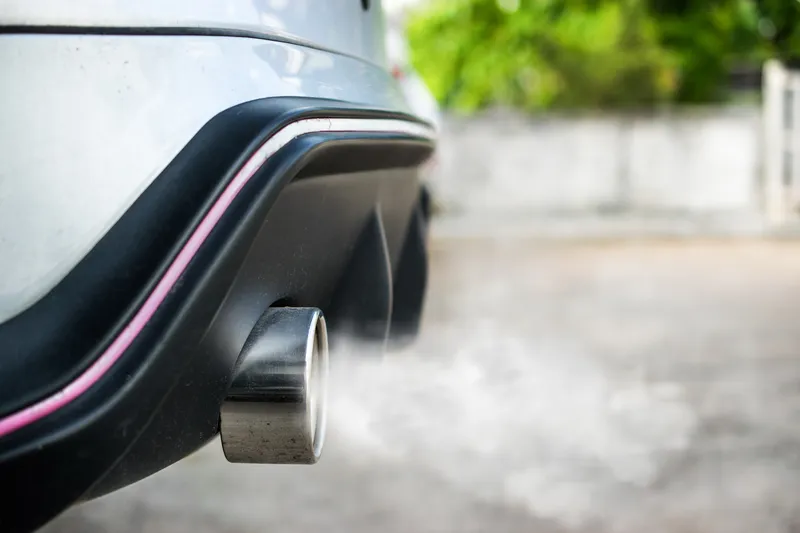New York’s mayor Bill de Blasio has signed an executive order to reduce the city’s on-road public sector vehicle fleet.
The move is part of a commitment to reduce emissions by 80% by 2050.
The city will remove 1,000 vehicles from its fleet by June 2021 and reduce the number of take-home vehicles by at least 500. Additionally, it will replace at least 350 SUVs with electric plug-in sedans and promote greater vehicle efficiency by using advanced data collection.
“Eliminating unnecessary vehicles from our streets and replacing gas-guzzling SUVs with electric cars will bring us one step closer to our carbon emission reduction goals, which means a cleaner New York City for all,” he said.
With the order, the city estimates 10 million fewer miles will be driven by vehicles each year, resulting in reduced congestion and cutting fuel consumption by 500,000 gallons and decreasing annual emissions by 6,300 metric tonnes of carbon dioxide.
The city will review every agency’s fleet to ensure the vehicles are being used efficiently and will reduce the fleet size as needed, it says.
Lisette Camilo, commissioner of the NYC Department of Citywide Administrative Services (DCAS), says: “To support Mayor de Blasio’s vision for a cleaner and safer New York, we are using new technology to right-size the city’s fleet and to more efficiently use the cars we do need.”
The DCAS will review every take-home car in the fleet and use vehicle data to identify usage patterns. Those which are underused will be re-assigned to the agency’s fleet pool, which can be used by multiple employees.
The move builds on the mayor’s commitment to establish a more green and carbon-neutral fleet:
• The City now operates over 1,750 on-road electric vehicles, the largest network for any municipal government.
• It operates a network of 568 electric vehicle charging stations, including the largest network of solar-powered vehicle chargers, with 65 in use.
• Last year New York began using renewable diesel, a 99% petroleum-free diesel alternative made of organic material.
• Light-duty fleet vehicles have achieved an average fuel economy equivalent of 100 miles per gallon (MPG).
• The city has also ordered its first 190 hybrid pursuit-rated police vehicles.
New York mayor to reduce city’s vehicle fleet
New York’s mayor Bill de Blasio has signed an executive order to reduce the city’s on-road public sector vehicle fleet.
The move is part of a commitment to reduce emissions by 80% by 2050.
The city will remove 1,000 vehicles from its fleet by June 2021 and reduce the number of take-home vehicles by at least 500. Additionally, it will replace at least 350 SUVs with electric plug-in sedans and promote greater vehicle efficiency by using advanced data collection.
“Eliminating unnecessary vehicles fro
April 11, 2019
Read time: 2 mins







